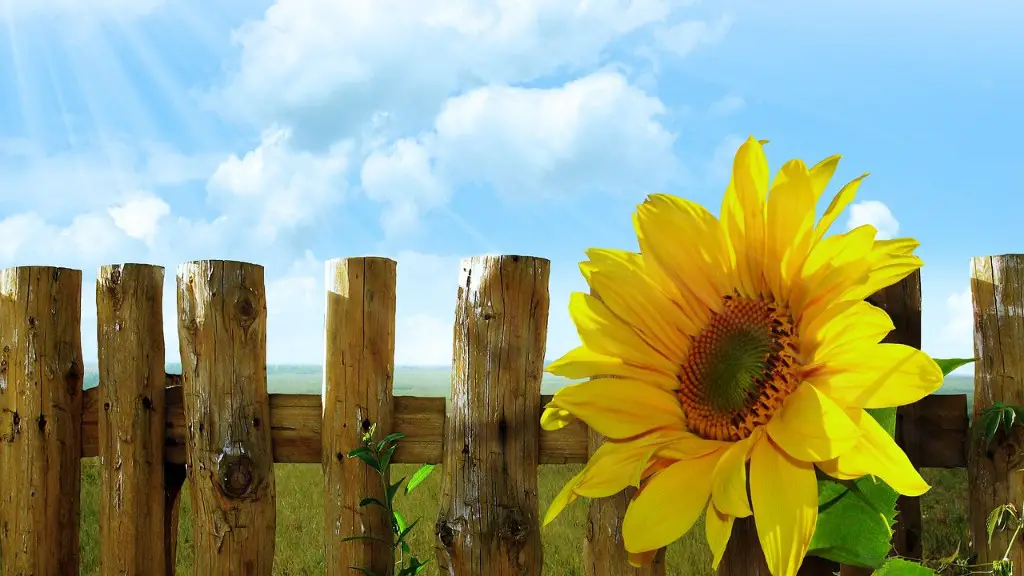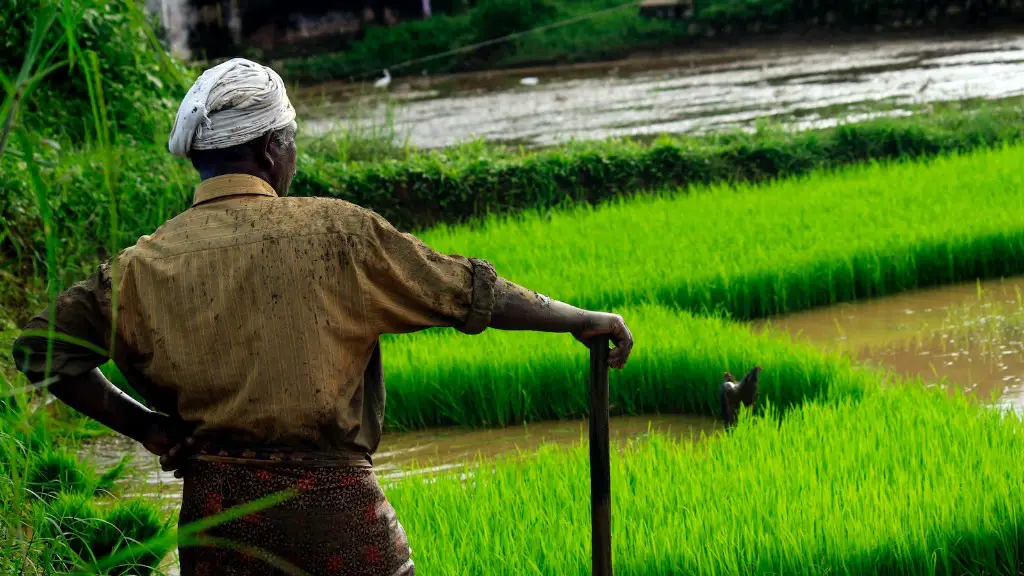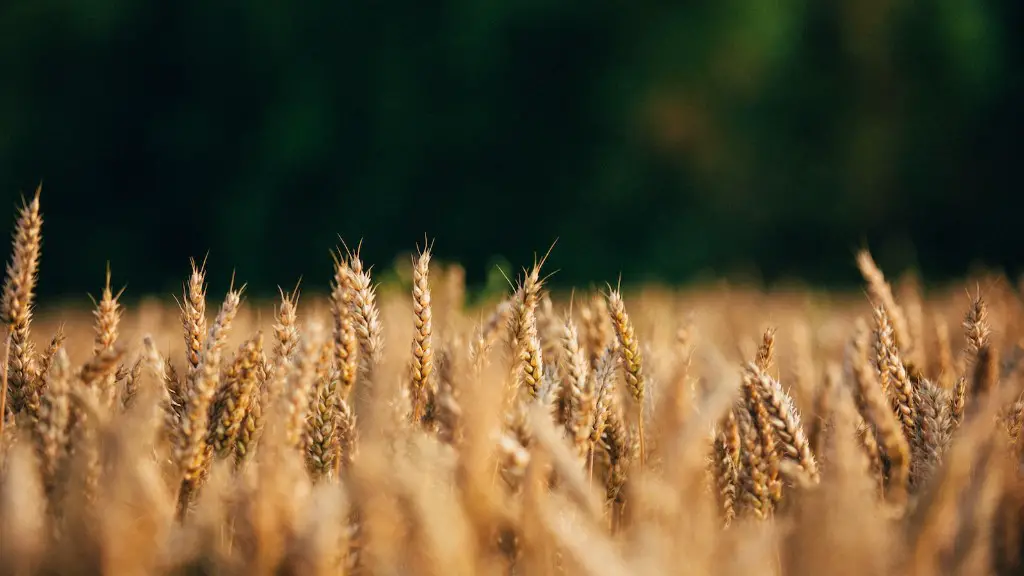Sustainable agriculture is becoming increasingly important in today’s society as the effects of global warming take hold. However, it is not without its struggles. Unsustainable farming practices have caused some of the world’s most pressing issues, and as such, there are various obstacles that need to be overcome in order to make sustainable practices successful. This article will discuss some of the struggles that sustainable farming faces.
Lack of Access to Resources
One of the major struggles of sustainable agriculture is access to resources, including land, water, and technology. In many areas, there simply isn’t enough land available to practice sustainable farming. This lack of land and resources makes it difficult for small-scale farmers to transition to more sustainable practices. Additionally, many rural farmers do not have access to the latest technology and innovations necessary to make their operations more sustainable.
Financial Limitations
Another common challenge for sustainable agriculture is financial limitations. Sustainably managing a farm is a much more expensive endeavor than traditional approaches. Many sustainable techniques require specialized equipment and processes, which adds to the cost of the operation. Additionally, sustainable farming typically requires more labor and more attention to detail than regular farming, which can further drive up costs. This makes it difficult for small-scale farmers to transition to sustainable practices.
Lack of Education and Expertise
A lack of education and expertise is also a major challenge for sustainable agriculture. Although sustainable farming techniques have been around for quite some time, they have not been widely taught or implemented on a large-scale basis. As a result, there is often a lack of understanding or expertise in the field. This makes it difficult for farmers to transition to sustainable practices, and it also means that those who do make the transition may not be utilizing the most effective methods and techniques.
Government Regulations
Lastly, government regulations often present challenges for sustainable agriculture. Many governments do not recognize sustainable agriculture as an official form of agriculture, and as a result, may not provide subsidies or other incentives for transitioning to sustainable practices. Additionally, certain regulations may make certain sustainable techniques illegal, such as the use of certain pesticides or the use of certain animal husbandry techniques. This can further impede the spread of sustainable farming practices.
Environmental Issues
Sustainable agriculture, although desirable, often causes its own environmental issues. For example, many sustainable farming techniques require the use of biodegradable materials such as compost, which can introduce chemical pollutants into the environment. Additionally, sustainable practices require large amounts of energy to produce the necessary food, which can lead to increased emissions of greenhouse gases. These environmental issues must be addressed in order to make sustainable agriculture truly sustainable.
Inadequate Infrastructure
In order to make sustainable agriculture successful, it is important to have an adequate infrastructure. This includes access to clean water, land management practices, access to markets and capital, and efficient transport systems. In many parts of the world, these infrastructure components are still lacking, making it difficult for sustainable farming techniques to be implemented.
Adoption of New Technologies
The most promising way to make sustainable agriculture practical and successful is to use innovative new technologies such as automation and robotics. These technologies can assist with the labor-intensive aspects of farming, allowing farmers to focus their attention on the more important aspects of sustainable agriculture. Additionally, new technologies can make it easier for farmers to access the resources that they need to make their operations more sustainable.
Economics and Market Prices
For sustainable agriculture to be successful, it must be economically viable. This means that the products produced must be able to command a market price that covers the cost of production. This can be difficult for sustainable farmers, as their products often come at a premium compared to traditional products. Additionally, any prices paid for sustainable products should be realistic and reflect the true cost of production.
Risk Aversion
Finally, many traditional farmers may be hesitant to adopt sustainable practices due to a lack of knowledge or experience. Sustainability introduces an additional set of risks that traditional farmers may not be ready to take on. As such, they may be hesitant to make the transition. To encourage the adoption of sustainable practices, farmers need to be given education and incentives to help them make the transition.


